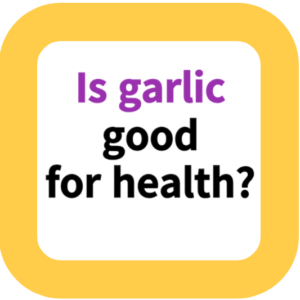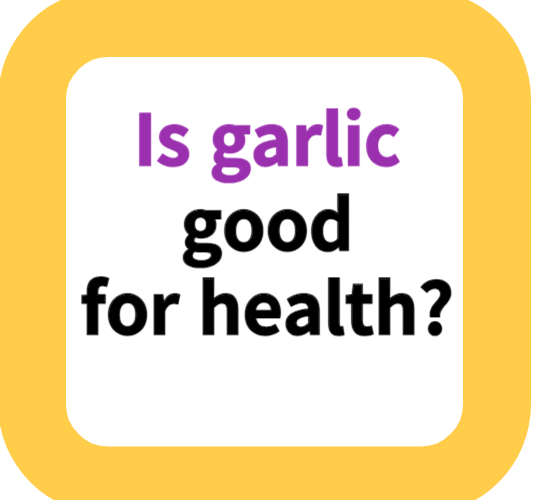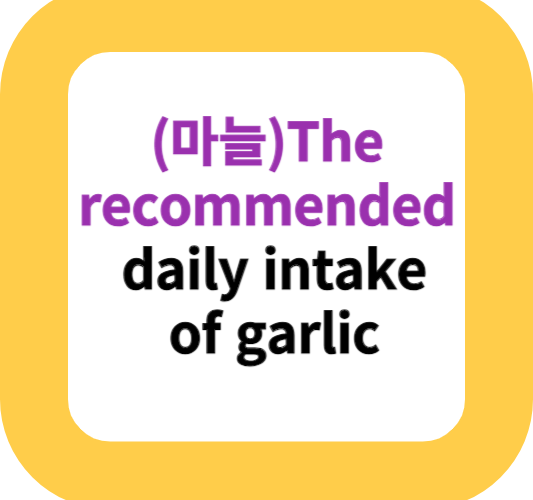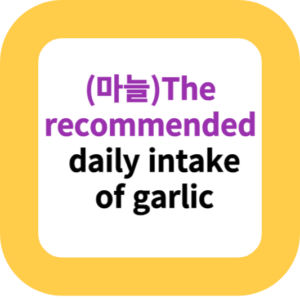Is garlic good for health?
Welcome to our health and wellness blog, where today we delve into the extraordinary world of garlic, a humble yet powerful herb that has transcended time and cultures with its myriad health benefits.
In our latest post, we explore the nutritional richness of garlic, from its abundance of vitamins and minerals to its unparalleled antimicrobial and anti-inflammatory properties. We shed light on how this ancient superfood boosts cardiovascular health, aids in cancer prevention, and enhances digestive well-being.
Not just a culinary delight, garlic also boasts anti-aging and cosmetic virtues, along with being a robust supporter of the immune system. Join us as we unveil the secrets of garlic’s impact on health, backed by scientific insights and cultural practices, especially its revered status in countries known for longevity, like Germany.
Discover how this potent herb can be a game-changer in your journey towards a healthier, more vibrant life.
Is garlic good for health?

Introduction
Garlic, a revered and ancient medicinal herb, has been esteemed for centuries not only for its culinary uses but also for its multitude of health benefits. This ubiquitous herb is more than just a flavor enhancer; it is a nutritional powerhouse, playing a significant role in traditional and modern medicine.
Its widespread use across various cultures underscores its importance in health and wellness.

Comprehensive Nutritional Profile of Garlic
Garlic is a treasure trove of vital nutrients. Rich in vitamins such as B6 and C, it is an excellent source of minerals like manganese and selenium. The presence of dietary fiber in garlic is noteworthy, along with its contributions of calcium, copper, potassium, phosphorus, iron, and vitamin B1. This robust combination of nutrients makes garlic a versatile component in promoting overall health.
Potent Antimicrobial and Anti-inflammatory Effects
The antimicrobial prowess of garlic is well-documented. Its ability to fight against bacteria, viruses, and fungi is unparalleled in the plant kingdom. Beyond its microbial combat capabilities, garlic is also celebrated for its anti-inflammatory properties, offering relief in various inflammatory conditions and contributing to overall immune health.
Cardiovascular Health Enhancer
Garlic’s role in cardiovascular health is multifaceted. It is known to effectively reduce total cholesterol and triglyceride levels while boosting HDL (good) cholesterol. Furthermore, garlic’s ability to lower blood pressure is a critical factor in mitigating the risks associated with heart disease, including heart attacks and strokes.
Garlic’s Role in Cancer Prevention
The potential of garlic in cancer prevention and treatment is a growing area of interest. Studies suggest garlic’s efficacy in reducing the risk of several types of cancer, such as gastric, colorectal, esophageal, and prostate cancers. Its natural constituents may play a role in inhibiting cancer cell growth and promoting overall cellular health.
Digestive Health and Garlic
Garlic’s benefits extend to digestive health. It is known to alleviate common digestive issues such as indigestion, bloating, and diarrhea. Its positive effects on irritable bowel syndrome and gastrointestinal infections make it a valuable natural remedy for maintaining digestive health.
Anti-Aging and Cosmetic Applications
The anti-aging properties of garlic are evident in its ability to enhance skin health and reduce the appearance of wrinkles. Additionally, it has shown promise in treating certain types of hair loss, making it a natural alternative for cosmetic concerns.
Immune System Support
Garlic is a natural immune booster. Its role in enhancing cytokine production helps in regulating and strengthening the immune system. This makes garlic a critical ally in the prevention and management of infections and diseases.
Efficacy in Cold and Flu Treatment
Garlic’s therapeutic properties extend to treating colds and flu. It effectively reduces symptoms like fever, cough, and congestion, and plays a role in reducing the severity and duration of these illnesses.
Additional Health Advantages
Garlic’s health benefits are vast, including improvements in brain function, reducing the risk of diseases like osteoporosis, and enhancing liver and kidney health. Its potential in treating mental health issues like depression and anxiety adds to its impressive medicinal profile.
Safe Usage and Considerations
While garlic is largely safe with few side effects, it is important to consider potential interactions with medications. Consulting with healthcare professionals before incorporating garlic, especially in supplement form, into one’s health regimen is crucial for safety and efficacy.
Conclusion
Garlic stands out as a remarkable natural remedy with an extensive range of health benefits. Its role in disease prevention, nutritional supplementation, and as a therapeutic agent is well-established. Incorporating garlic into the daily diet, particularly in its raw form, can offer significant health benefits and contribute to a healthier, more balanced lifestyle.
The example set by countries like Germany, where garlic consumption is linked to longevity, highlights its potential in enhancing life quality and duration.




